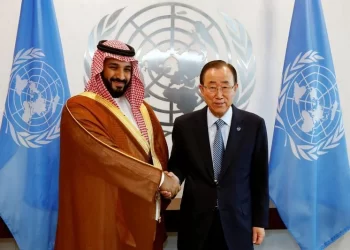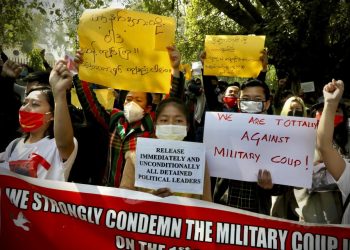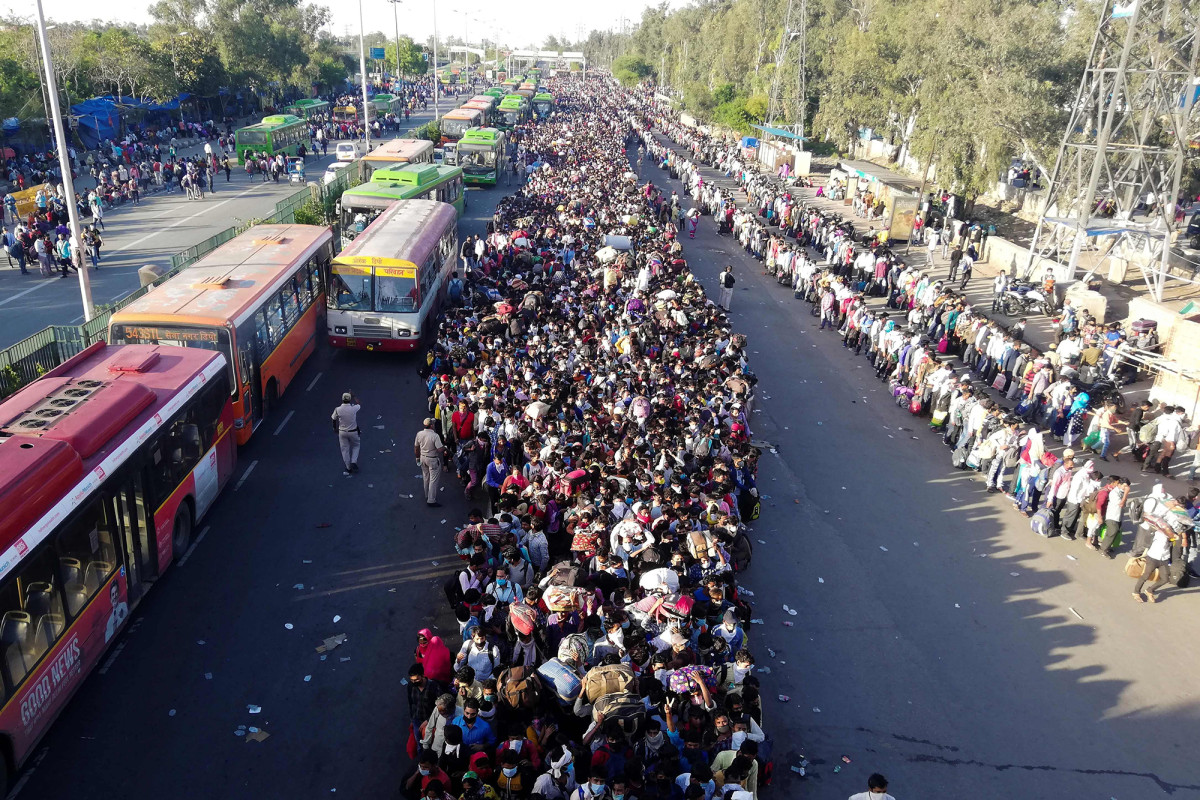Human Lives Human Rights: Congressman Gerry Connolly has called on fellow lawmakers to approve an amendment to the annual defense spending bill, stating it was the only way to guarantee “justice” over the 2018 murder of Middle East Eye columnist Jamal Khashoggi.
Speaking at an event on Thursday – just a few days shy of the third anniversary of Khashoggi’s killing – Connolly said the text, which was added to the National Defense Authorization Act (NDAA) earlier this year, was crucial to holding the kingdom accountable over the murder.
“We are not going to allow the memory of Jamal Khashoggi to fade, and we’re going to insist on justice,” Connolly said at an event hosted by Democracy for the Arab World Now (DAWN), an organisation Khashoggi founded.
Khashoggi was killed inside the Saudi consulate in Istanbul on 2 October 2018 after he entered the premises to obtain paperwork for his planned marriage to his Turkish fiancee, Hatice Cengiz. His remains are yet to be found.
Saudi authorities had initially insisted Khashoggi left the building alive, taking two weeks to acknowledge the journalist had been killed. Still, Riyadh claims the assassination was a rogue operation that happened without the approval of top officials.
Shortly after US President Joe Biden was sworn into office, the director of national intelligence released a report that concluded Crown Prince Mohammed bin Salman (MBS) had approved the murder.
“We have always known, beyond a shadow of a doubt, that Crown Prince Mohammad Bin Salman directed the assassination of Jamal Khashoggi,” he said.
“We also know that this operations is part of a broad and ongoing effort to use violence to intimidate and silence dissidents abroad.
“Furthermore, we know that some of the killers were trained here in the United States, demonstrating an overwhelming need for changes to our current arms sales processes, increased accountability and reforms in who and how we train foreign nationals in other militaries here in the United States.”
‘Pageant of impunity’
Connolly sponsored a bill in the US House of Representatives earlier this year which sets limits on arms sales to Riyadh and calls for bans on Saudi intelligence and law enforcement bodies which detain American citizens and residents in the kingdom or prevent them and their families from travelling.
The Protection of Saudi Dissidents Act of 2021 passed the House in a broad bipartisan vote in April. It is currently in the US Senate as an amendment to the $768bn NDAA.
The legislation, which outlines the Pentagon’s spending for the 2022 fiscal year must pass through the Senate before it becomes law.
“When we turn a blind eye to human rights abuses we embolden friend and foe alike who continue engage in these violations,” Connolly said. “We must end this two-year pageant of impunity and hold Saudi Arabia accountable for its treatment of dissidents and those who stand up for human rights.”
Holding Saudi Arabia accountable over Khashoggi’s murder has garnered bipartisan support on Capitol Hill, but has faced some obstacles in the White House.
Lawmakers on both sides had accused former President Donald Trump of defending MBS when the previous administration bypassed Congress to sell roughly $8bn in precision-guided missiles and other high-tech weapons to Saudi Arabia and the United Arab Emirates.
In his remarks on Thursday, Connolly said Riyadh had been repeatedly “shielded from responsibility” by the Trump administration.
Biden’s decision to publish the CIA report on the murder, after bipartisan calls to do so, had raised hopes among rights groups the new administration would hold MBS to account. But the administration decided against imposing sanctions on the crown prince to avoid a “rupture” in US-Saudi ties.
Also, while the Biden White House had initially said they would communicate directly with King Salman, 85, not with his son – earlier this week, national security adviser Jake Sullivan held talks about the war in Yemen with the crown prince.
A senior Biden administration official told the AP news agency that the White House had determined that ending the war could not be done without engaging face to face with the most senior Saudi officials.
King Salman has largely stepped back from an active role in diplomacy and government and spent some time in hospital last year.


















